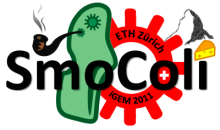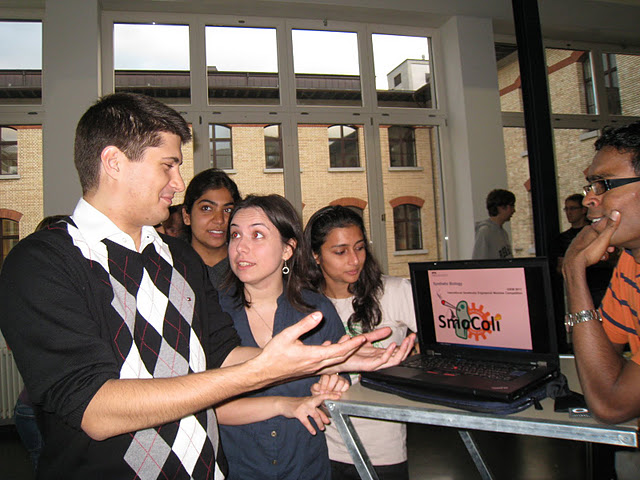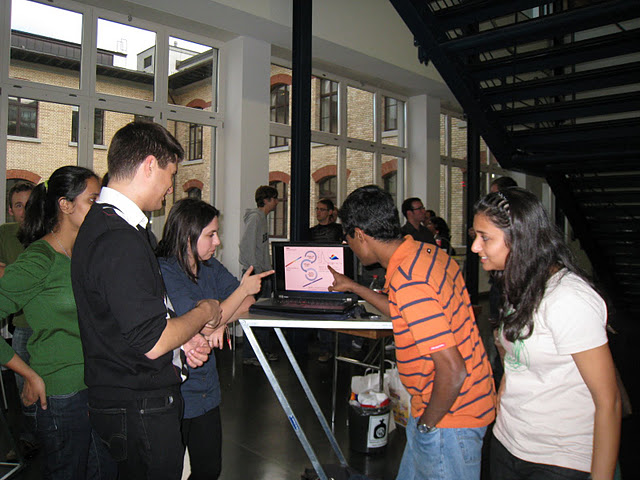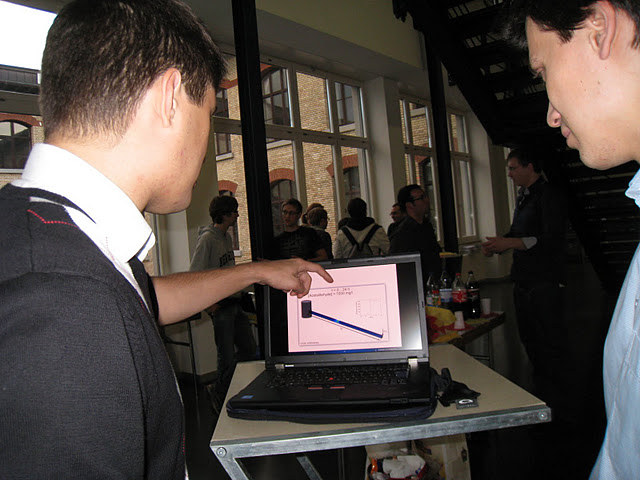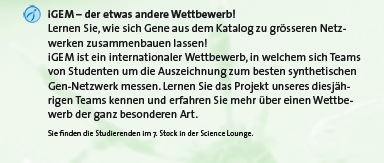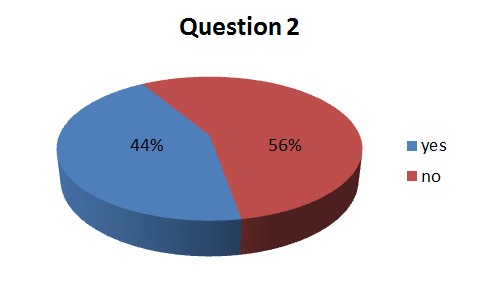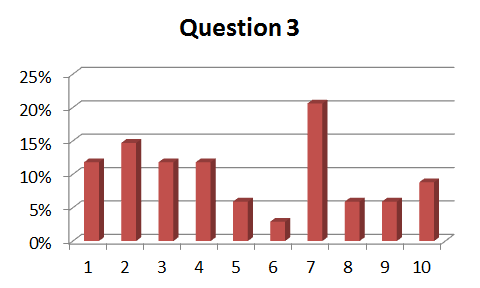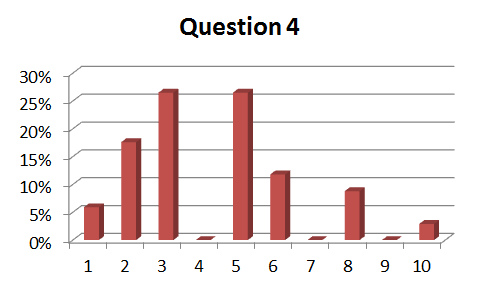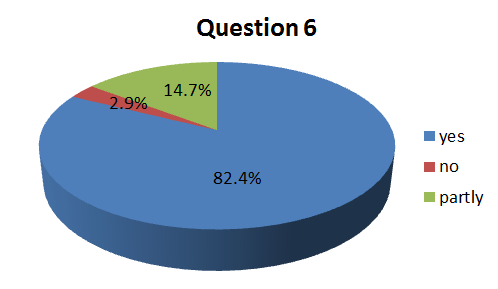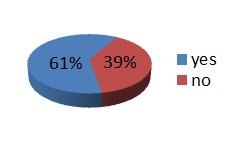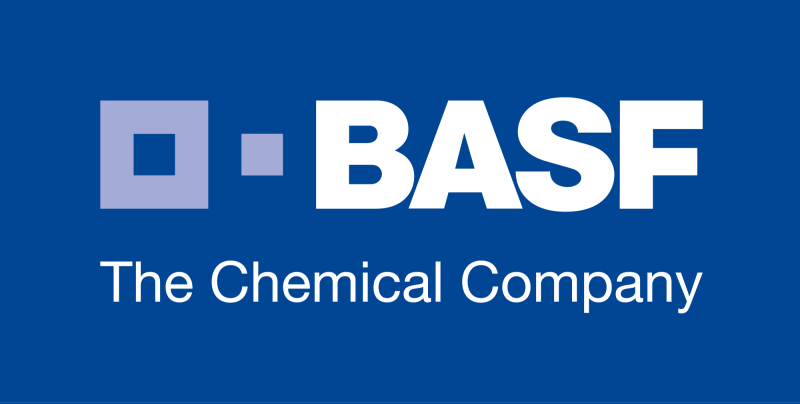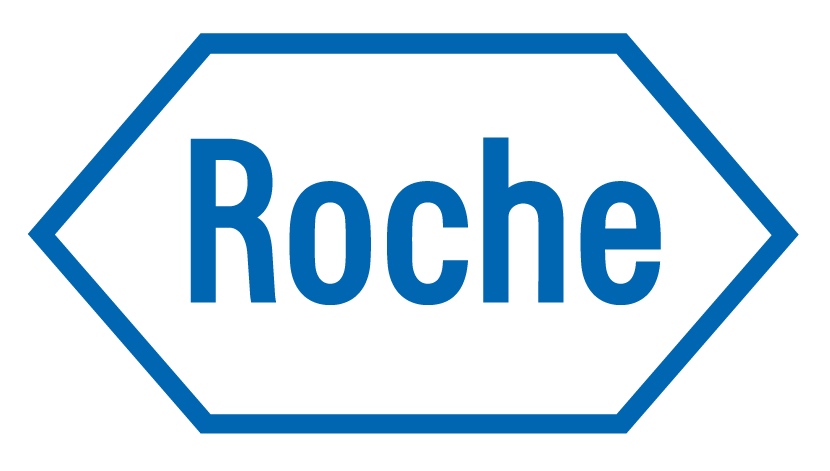Team:ETH Zurich/Team/Human practices
From 2011.igem.org
Human Practices - Outreach
Human practices are an important part of iGEM. Synthetic Biology and the idea of a parts registry is not well-established among the general public. It is important to inform people of the potentials, but also the risks of synthetic biology. For our human practices we decided to do several things. On one hand we were present with a talk and discussion round at the “CBB come together afternoon” to introduce iGEM to the new master students. On the other hand we were present at the Open house day of the department of Biosystems Science and Engineering (D-BSSE) of the ETHZ to bring SmoColi to the public.
7.10.11 CBB Get together afternoon
The CBB Get together afternoon is an event where students, alumni and professors of the Computational Biology and Bioinformatics ([http://www.cbb.ethz.ch/ CBB]) Master programme at ETH come together and talk about academic life. Every year several senior students and alumni present their experiences and give programme-related advice to their colleagues (primarily to first year students). On this year's CBB Get together, Lukas had the honor to talk about his studies and he highlighted the iGEM competition as one of his most memorable experiences. Among others, he talked about synthetic biology and about our project. After the event, during the "Apero", many first-year students approached us and started asking lots of questions. We simply couldn't resist taking out our laptops and presenting our cool simulations and our results. We had very interesting discussions with them, and we feel that we conveyed our excitement about our SmoColi. We are convinced that after our talk many of the new students are thinking about joining the team next year.
22.10.11 D-BSSE Open house
The [http://www.bsse.ethz.ch/events/open_house Open House] day of the Department of Biosystems Science and Engineering (D-BSSE) of ETH Zurich is an event where scientists show their research to the public. During the day, all the department groups present their research through posters, pictures, computer simulations, real data etc. The event is organized with the goal to familiarize people with the work that is done in the department. The event is also a nice way for the scientists that work in a particular group of the department to get to know better what the other groups of the same department are doing. The Open House Day is also very useful for master students in a search for a master thesis and/or PhD positions. Among the visitors, there are many families with small children. The groups always find playful ways of talking about science and research to them, through games, puzzles, legos etc.
During this year's D-BSSE Open House Day, one of the stands was reserved for iGEM and our SmoColi project. We presented a Poster, showed our simulations and experimental results on a computer and even presented our microfluidics channels.We carried out a survey on the topic of Synthetic Biology. We talked to many visitors as well as to scientists of the D-BSSE department.
The science done in the department was classified in three categories: Investigation, Simulation and Design/Engineering. iGEM was classified under the third category. Read more about it at [http://www.ethlife.ethz.ch/archive_articles/111024_DBSSE_Openhouse_mm/index ETH Life] (in German only).
Poster and Discussion
During the Open House Day, we had a stand with our poster and a slideshow with some pictures of our work. A lot of people people were fascinated by our project and were asking many questions. We managed to attract a lot of audience and to promote the idea of iGEM and Synthetic Biology. Through our poster, we introduced the idea of having standard registry parts that can be used for creating synthetic circuits. We also introduced some previous iGEM projects, which we believe made people think in which areas synthetic biology can be used. Some of the people that came to us were kind to take their time and answer our survey.
Survey
We decided to do a survey to find out what the general public thinks about Synthetic Biology, what is the people's degree of knowledge regarding this field and how open they are to accepting genetically engineered machines into their daily lives.
Questions
1. Is your profession related to genetic engineering?
- □ Yes □ No
2. Does anyone in your family have anything to do with genetic engineering?
- □ Yes □ No
3. How would you evaluate your knowledge of Synthetic Biology on a scale from 1 to 10? (1 - no knowledge, 10 - very good knowledge)
- □ 1 □ 2 □ 3 □ 4 □ 5 □ 6 □ 7 □ 8 □ 9 □ 10
4. How high would you evaluate the risks of Synthetic Biology on a scale from 1 to 10? (1 - no risk, 10 - high risk)
- □ 1 □ 2 □ 3 □ 4 □ 5 □ 6 □ 7 □ 8 □ 9 □ 10
5. How much trust do you have in the scientists that do Synthetic Biology on a scale from 1 to 10? (1 - no trust at all, 10 - complete trust)
- □ 1 □ 2 □ 3 □ 4 □ 5 □ 6 □ 7 □ 8 □ 9 □ 10
6. Do you think that a critical discussion for the “Synthetic Biology” issue is possible with the scientists?
- □ Yes □ No □ Partly
- Comment:
7. Could you imagine an implementation like SmoColi in your daily life?
- □ Yes □ No
8. Do you think it is justifiable that students make genetically modified organisms for a competition like iGEM?
- □ Yes □ No
9. Is the conduction of animal experiments for a competition like iGEM justifiable?
- □ Yes □ No
10. Can you imagine how the genetically modified organisms could simplify your life?
Results
In order to get a better understanding of how people feel about synthetic biology, we analyzed the data that we collected during the Open House Day. A total of 34 people filled out the survey, ranging from undergraduate and graduate students, scientists to members of the general public.
|
The first two questions evaluated how many of the persons who filled out the survey were themselves involved or had a family member who worked in an area related to genetic engineering. This is an important question because it allows us to see whether we have a specific bias in our survey, since we postulate that people who work with genetically modified organisms will tend to be more open to synthetic biology. The results showed that slightly more than half of the persons work in genetic engineering which is ideal for us since in this way our following results will not be biased. | |
We were also interested in how much people know about Synthetic Biology. Our results show that although 7 is the most frequent response representing 20% of the total , the responses are widely distributed across the scale. This is again an encouraging result, because it means that we managed to capture the opinions of a wide target group. | One of the most important questions was related to people's opinion about the risks of Synthetic Biology. We can notice that we obtained a Gaussian-like distribution, with the majority of the people considering that there is a moderate risk, and only a small percentage who feel that there is no risk or very high risk. |
|
Questions 5 and 6 assess how people feel about the scientists who work in Synthetic Biology. The results show that in general people trust the scientists and that the majority of them feel that there could be meaningful discussions on the topic. This is a positive outcome, since it tells us that overall the general public supports the development of this field and has faith in the abilities of the people who work in it. | |
|
One of the things we were most curious about is whether people think that our project could be used in reality. We are very pleased by the positive attitude of the public, 70% of them believing that SmoColi could be implemented in their daily lives. We also wanted to see whether the responses of the people whose work is related to genetic engineering is different from those whose work isn't. The results show that the persons who do not work in the field are more optimistic about the practical application of our project, with 81% responding "yes". On the other hand, only 61% of the people working in genetic engineering feel that SmoColi could become part of their life. We think that this more conservative attitude is due to the fact that the persons who work in this field have a better knowledge of the difficulties involved with turning a scientific idea or a novel technology into a commercial product. | |
|
Finally we were interested in the public's opinion regarding what should be allowed in student competitions. It seems that whereas the public has no problems when it comes to using genetically modified organisms, they object to the conduction of animal experiments. This is important because a few teams performed animal experiments. | |
 "
"

